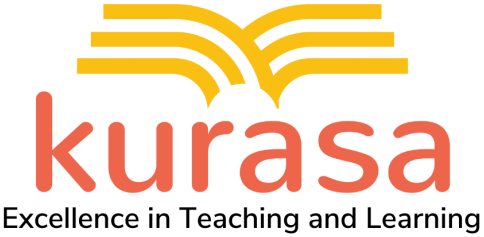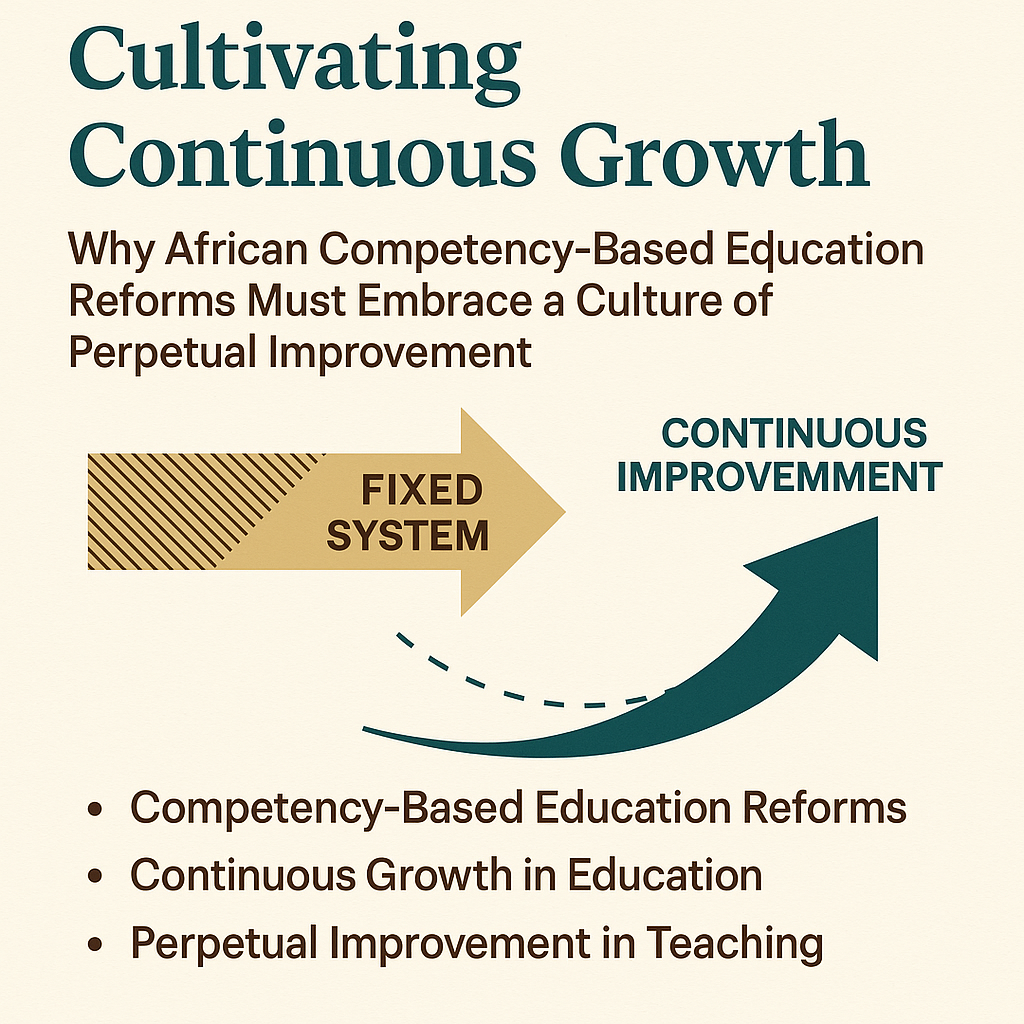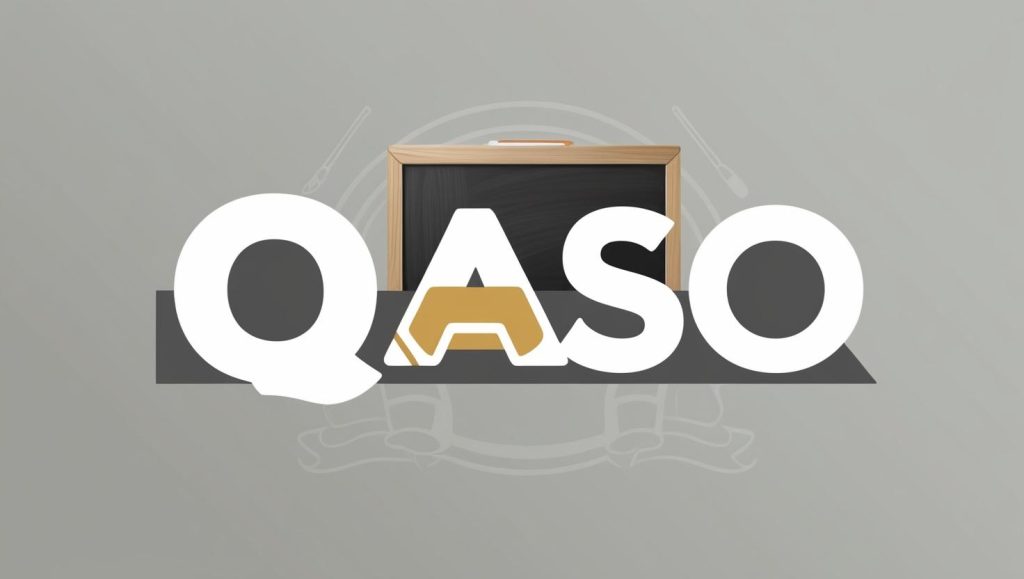
Education is the cornerstone of society, shaping the minds and futures of generations to come. Yet, the landscape of education is constantly evolving, with curriculum changes being a significant aspect of this evolution. From traditional rote learning methods to modern competency-based approaches, each curriculum shift brings with it a wave of anticipation, excitement, and apprehension, especially for parents and guardians who are deeply invested in their children’s education.
In this exploration, we delve into the intricate tapestry of parental perspectives on the impact of curriculum changes on students and families. By delving into their concerns, observations, and experiences, we gain valuable insights into how educational transformations shape the learning journey of their children.
The Winds of Change: Anticipation and Apprehension
Every curriculum change heralds a new beginning, a departure from the familiar and a venture into the unknown. For parents, this transition often evokes a mixture of anticipation and apprehension. They eagerly anticipate the promise of a more effective and engaging educational experience for their children. Simultaneously, they harbor concerns about the potential challenges and uncertainties that come with adapting to a new system.
The Quest for Quality Education
At the heart of parental perspectives on curriculum changes lies a steadfast commitment to ensuring quality education for their children. Parents recognize the importance of a curriculum that not only imparts academic knowledge but also fosters critical thinking, creativity, and practical skills essential for success in an ever-evolving world. They advocate for curricular reforms that prioritize holistic development, catering to the diverse needs and aptitudes of students.
Navigating Challenges: Transition and Adjustment
Transitioning to a new curriculum can be a daunting experience for students and families alike. Parents often find themselves grappling with the task of understanding unfamiliar teaching methodologies, assessment techniques, and learning objectives. They may witness their children navigating through the complexities of adjustment, facing academic hurdles or grappling with changes in workload and expectations.
Voices of Concern: Addressing Apprehensions
Amidst the optimism surrounding curriculum changes, parents voice valid concerns regarding their implementation and efficacy. They raise questions about the adequacy of teacher training and support in implementing new curricular frameworks. Additionally, they express reservations about the potential for increased academic pressure on students, as well as the adequacy of resources and infrastructure to support the transition.
The Role of Communication and Collaboration
Effective communication and collaboration between schools and parents are pivotal in addressing concerns and fostering a supportive learning environment. Parents seek transparent channels of communication that enable them to stay informed about curriculum changes, their rationale, and the strategies for implementation. They value opportunities for meaningful engagement with educators, contributing their insights and feedback to shape the educational journey of their children.
Celebrating Success: Recognizing Positive Outcomes
Amidst the challenges and uncertainties, parents derive encouragement from witnessing the positive outcomes of curriculum changes in their children’s education. They celebrate moments of academic growth, creativity, and self-discovery, recognizing the transformative impact of a dynamic and engaging curriculum. From improved critical thinking skills to a newfound passion for learning, they witness their children thriving in an environment that nurtures their potential.
Conclusion: Embracing Change for a Brighter Future
In the ever-evolving landscape of education, curriculum changes serve as catalysts for transformation, shaping the educational experiences of students and families. While accompanied by challenges and uncertainties, these changes also offer opportunities for innovation, growth, and progress. By embracing change with open minds and collaborative efforts, parents and educators can work together to create an educational ecosystem that empowers students to thrive and succeed in an increasingly complex world. As we navigate the currents of change, let us remain steadfast in our commitment to quality education, ensuring that every child has the opportunity to realize their full potential and contribute meaningfully to society.


